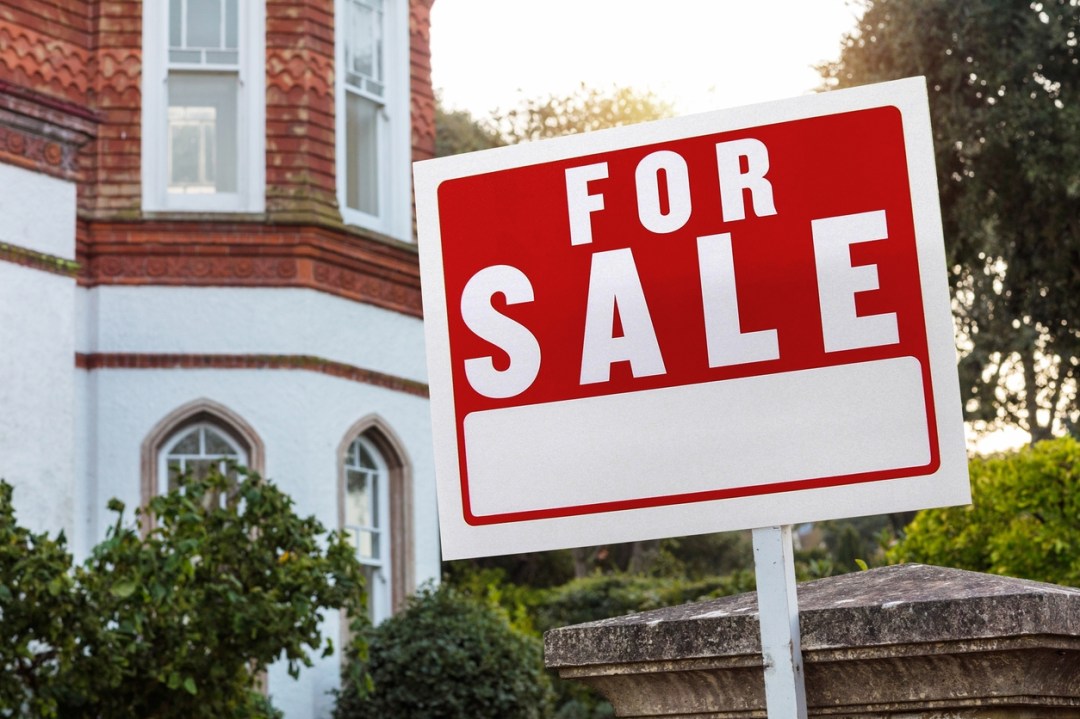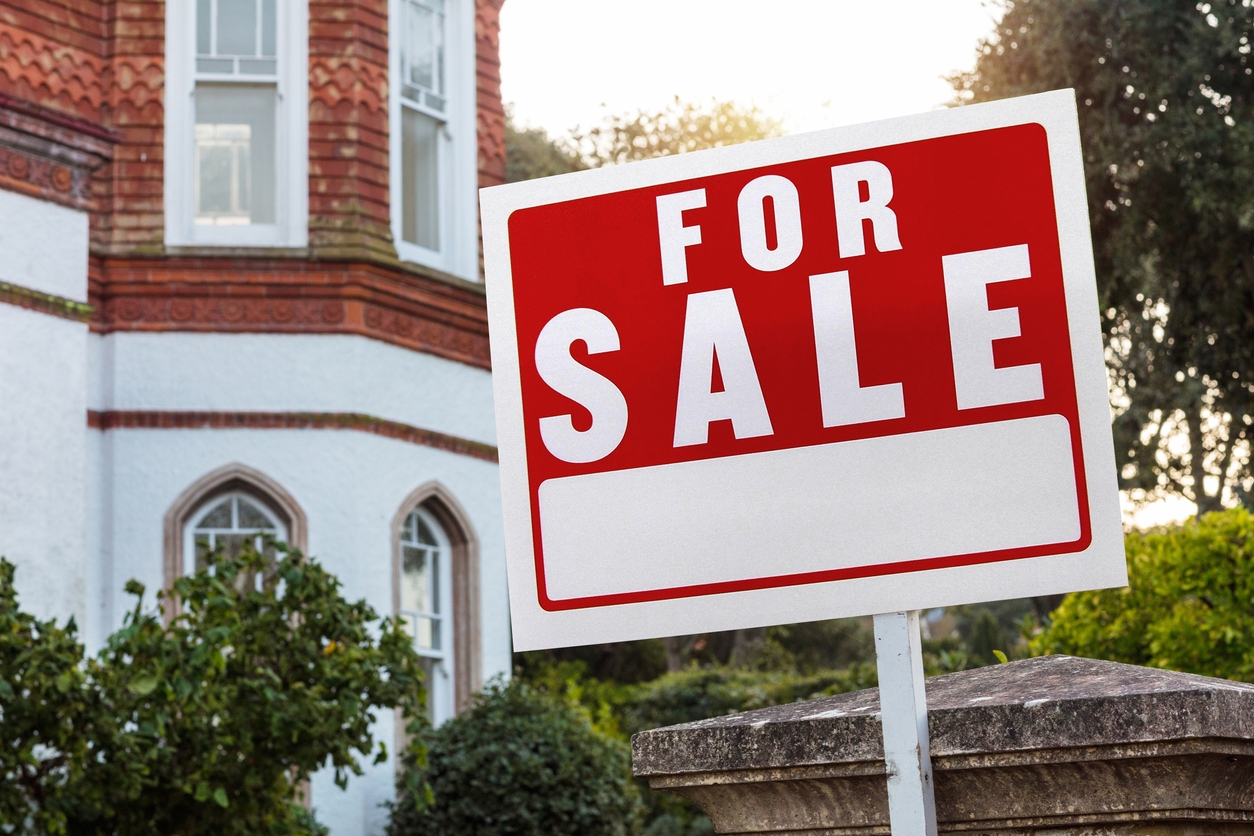There is one certainty for every Budget day: that the chancellor will dream up some novel scheme to prop up the housing market. Rishi Sunak’s idea of providing state guarantees for 95 per cent mortgages taken out by first time buyers isn’t, however, that new. It is really just a reheated version of one branch of the Help to Buy scheme run by George Osborne between 2013 and 2016.
This is the story of the property market over the past quarter century: in the long property boom of the late 1990s and early 2000s banks got themselves into huge trouble by advancing high loan-to-value mortgages. They did so in two ways: directly through loans to their customers – such as Northern Rock’s reckless 120 per cent mortgages – and indirectly through investing in junk securities which wrapped together sub-prime mortgage lending in America. The slump in the property market took the banks down with it as they lost the security for their loans. When the dust cleared, mortgage-lenders didn’t want to lend anything more than 80 per cent mortgages, if that, and the government didn’t want them to take on this risk either. But when first-time buyers found themselves unable to buy homes – not at the still-inflated prices, at any rate – the government stepped in and told the lenders: if you won’t take on the risk of a 95 per cent loan, then we will take it on instead.
In other words, in any future crash it won’t be the banks who find themselves on the hook – it will be the good old taxpayer instead. It is hard not to notice the objectionable aspect to all this. What is in it for us taxpayers? What is our reward? None – save, that is, for taxpayers who also happen to be property owners and investors and who therefore might have the value of their investments protected from a future crash. As for people who do not yet own property, they might benefit from the ability to afford a home which would otherwise be beyond their reach. But they will have to be quick. The inevitable result of this kind of interference in the property market is to bump up prices to artificially high levels. If you are not among the first to benefit you will suffer because in order to get onto the housing ladder you will have to pay those higher prices.
But the impact of repeated interventions in the property market is even worse than I have described above. Ever since Osborne introduced Help to Buy – after Gordon Brown’s repeated wheezes to pump up the market – investors have begun to reckon that no UK government will ever allow the property market properly to collapse, that it will always find some way to intervene. It is laissez-faire on the way up, and government intervention on the way down. Investing in property has therefore become a one-way bet, long term.
That is why we have ended up with the absurd spectacle of a minor property boom – with prices up seven per cent in a year according to the Nationwide – during the biggest economic slump in modern history, when nine million people were sitting idle, their wages paid by the state. The great property bubble continues, widening even further the gap between the property haves and have-nots – and it is hard to see at the moment how it ever bursts or deflates.








Comments